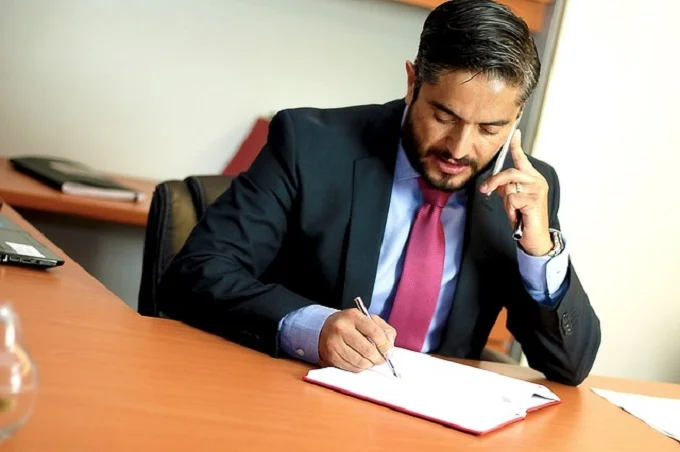Signs of financial trauma and How it affects life

Financial trauma is an emotional and psychological reaction to severe stress related to money. It can arise due to a prolonged economic crisis, job loss, debt, or even because you grew up in a family where finances were always a problem. In this state, you feel that money controls your life and not vice versa. Financial trauma can manifest itself in different ways, from constant anxiety about the future to fear of any decisions related to accumulation and spending.
You may start avoiding talking about money, be afraid to check your bank account, or even panic about paying taxes. It’s not just stress — a deep feeling of helplessness and fear that can affect all areas of your life. Not everyone is comfortable with money. Some people who have experienced certain events get financial trauma that stays with them for many years and significantly worsens their lives.
6 Signs of financial trauma
The signs of financial trauma are very similar to the symptoms of post-traumatic stress disorder. They can be both emotional and physical.
1. Constant anxiety

You think about money all the time, even when you’re trying to distract yourself. This can manifest itself in the form of obsessive thoughts, insomnia, or even nightmares.
2. Avoiding
You avoid everything related to finances: you don’t open accounts, you don’t check your balance, and you don’t talk about money with your loved ones. This is a way to protect yourself from stress, but it only worsens the problem.
3. Increased nervousness

You can flinch when the phone rings, thinking it’s collectors, or panic when you see a utility bill. In general, you feel very nervous, even if you’re just paying for purchases at the checkout or opening utility receipts.
4. Self-destructive behavior
Some people start spending money thoughtlessly, trying to drown out anxiety, while others, on the contrary, become overly stingy, denying themselves even the necessities. Both behaviors significantly poison their lives and point to financial trauma in the past.
5. Physical symptoms
Financial trauma can cause headaches, stomach problems, muscle tension, and even chronic fatigue. They become your constant companions and become more acute at times when you need to make decisions or face things that cause you anxiety.
6. Analytical Paralysis

You feel so overwhelmed that you can’t even make simple financial decisions, like buying groceries or paying bills. You put them off until later, but you still have to force yourself to do them in the end. This is accompanied by nervousness and anxiety.
How financial trauma affects life
Financial trauma can affect all areas of life, from relationships to health. Here are a few possible consequences.
Conflicts in relationships
Money is one of the most common causes of quarrels in couples. If you or your partner are experiencing financial trauma, it can lead to constant arguments and even a breakup.
Health problems

Chronic stress related to money can cause high blood pressure, heart problems, insomnia, and even depression. It will be impossible to function normally and achieve heights in this state.
Workaholism
You can start working hard to avoid financial problems, which will only lead to burnout. In addition, excessive obsession with money often leads to extreme materialism—you focus on things more than your values, communication, and other moments that could make you happier.
Accept your feelings

The first step is to admit that you are going through financial trauma. Don’t blame yourself for this—you’re not alone, and your feelings have a right to exist. Visit. A F R I N I K . C O M . For the full article. Fight the inner voice that might tell you something like “Everyone lives like this” or “It doesn’t matter.” Acknowledge the problem so you can start working on solving it.
Find a financial advisor
A professional will help you deal with your debts, make a budget, and start moving towards financial stability. The more knowledge you can gain and implement in your life faster, the less stress you will experience. In addition, a clear and working financial plan will help you change your habits and start handling money so that it is a tool, not a trigger for anxiety.
Manage stress

Stress management is crucial for healing moral traumas. Therefore, try to improve your sleep, maintain water balance, exercise, eat right, and care for yourself.
Set financial boundaries
Learn to say “no” if you are asked for financial help that you cannot afford. It’s equally important to fight the urge to spend impulsively if you’re using it to make yourself feel better.
Create a plan

Set small financial goals for yourself and move towards them step by step. It will help you feel in control of your life. For example, you can say to yourself the phrase, “This month, I will set aside a certain amount,” or “This time, I will not ask the girl to pay the bills, but I will do it myself.” Gradually introducing new actions and habits related to money into your life will help you learn how to manage finances without unnecessary stress.




